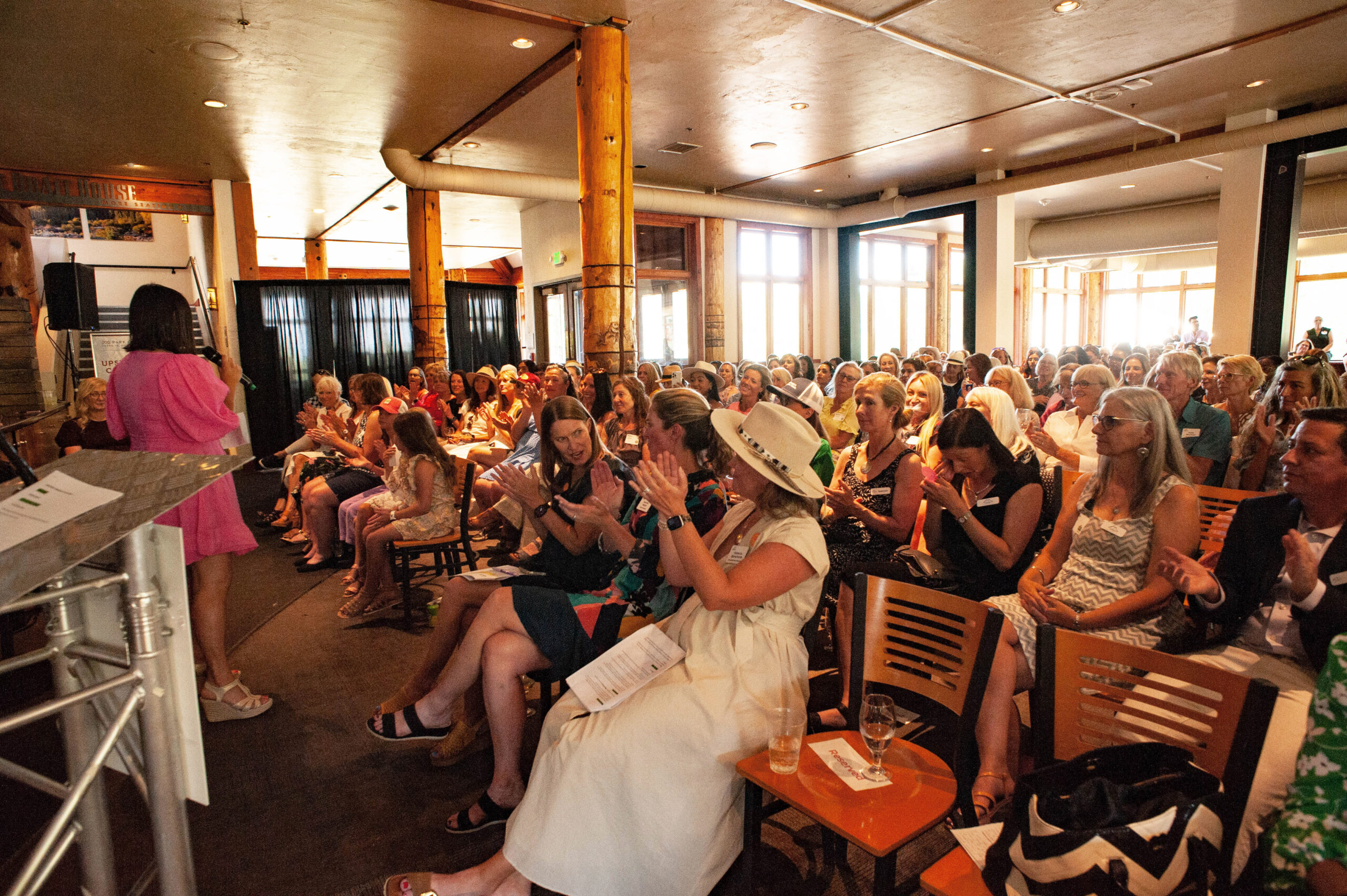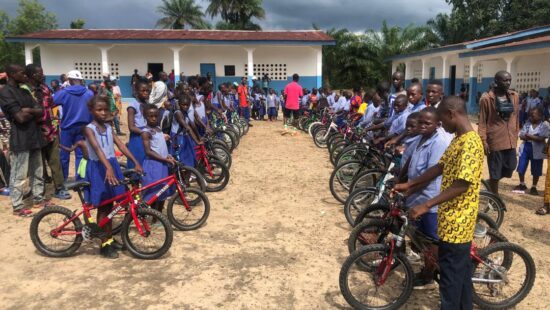NonProfit
REINS at Saddleview equine therapy takes reciprocal approach
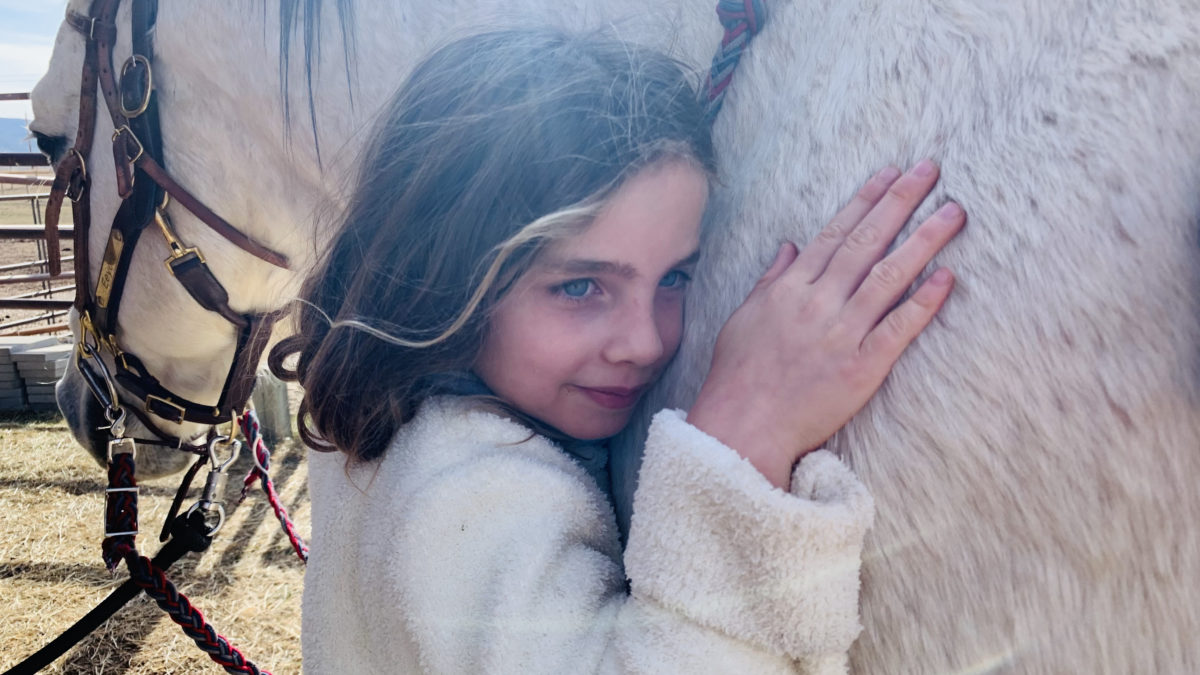
REINS at Saddleview provides women and girls scholarships for its equine therapy programs. Here, a young one gives Eeyore a hug. Photo: REINS at Saddleview.
OAKLEY, Utah – Kris Getzie has seen all sides of the equine industry, from riding at a young age to buying, selling, showing, and now breeding at 8D Ranch. With her knowledge and experience in the entrepreneurial world, she and her partner Alejandra Lara opened REINS at Saddleview to heal others through equine therapy.
Equine therapy is an interactive treatment program connecting the patient with horse(s) to improve physical and emotional healing. The 501c3 nonprofit primarily focuses on underserved women and girls who would not have the financial means to explore therapy, let alone equine therapy, on their own.
REINS offers scholarship programs to support these people. It also accepts for-pay client sessions with a portion of the tuition paid siphoned off for scholarships. There is programming for individual work and group sessions year-round, headed by partner Lara.
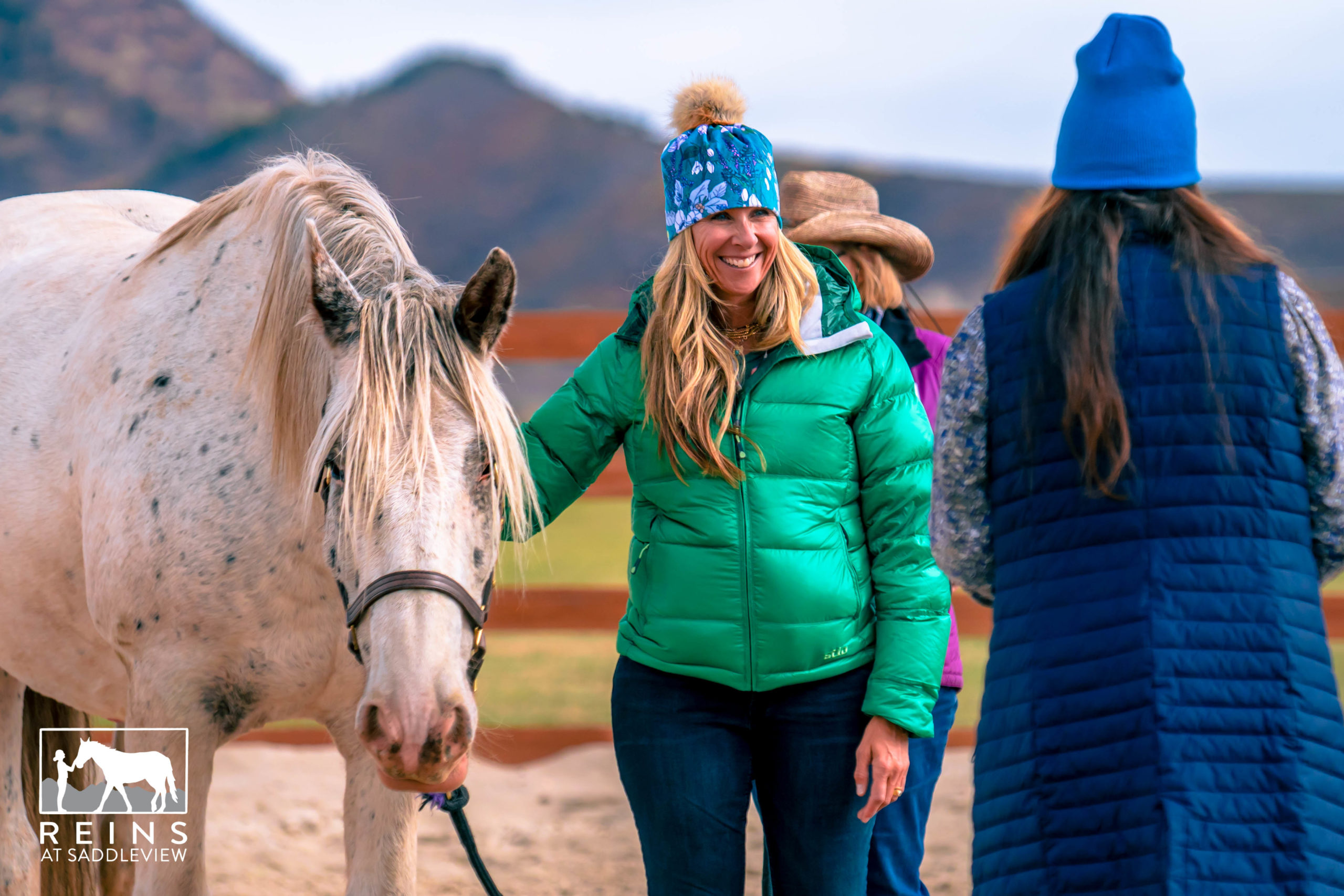
“[Lara] has full autonomy for the programs,” said Getzie. “She’s an industry expert. She travels all the world doing this. And she’s lived in Park City for over 20 years. She just checks all the boxes, and she’s an awesome person…partner, and co-founder.”
Lara is a Certified Equine Specialist (ESMHL), she founded and owns Park City Horse Experience LLC. Lara also is the founder and Coordinator of the Equine Assisted Learning Program [EAL] with the NAC. She has won awards, accolades and been featured on news shows, podcasts, and radio shows.
Scholarship recipients are referred to REINS via many partner organizations like The Peace House, Christian Center Park City, Roots Transition, VA (Warrior Renew Graduates). REINS hosted around 30 women from the VA for sexual abuse and sexual traumas therapy in a summer session. According to Getzie, some women left their homes for the first time (outside of necessary doctors’ appointments) in many years. Roots Transition brings upwards of 20 girls in its standing program with REINS each Wednesday.
“[We] get people into nature out here because we’re a private ranch,” Getzie said. “Just being here is amazing. It’s not a busy facility when a program is running; it’s private. There aren’t cars and bikers, and everything’s zipping around. It’s truly like a peaceful experience.”
REINS at Saddleview has a two-way-street approach to healing. Getzie calls it a reciprocal program, where horses help heal humans and vice versa. A critical factor in the REINS programming is retiring working horses, mules, and donkeys that would otherwise go to slaughter being sold at auctions. Some of these rescued horses have experienced their share of trauma.
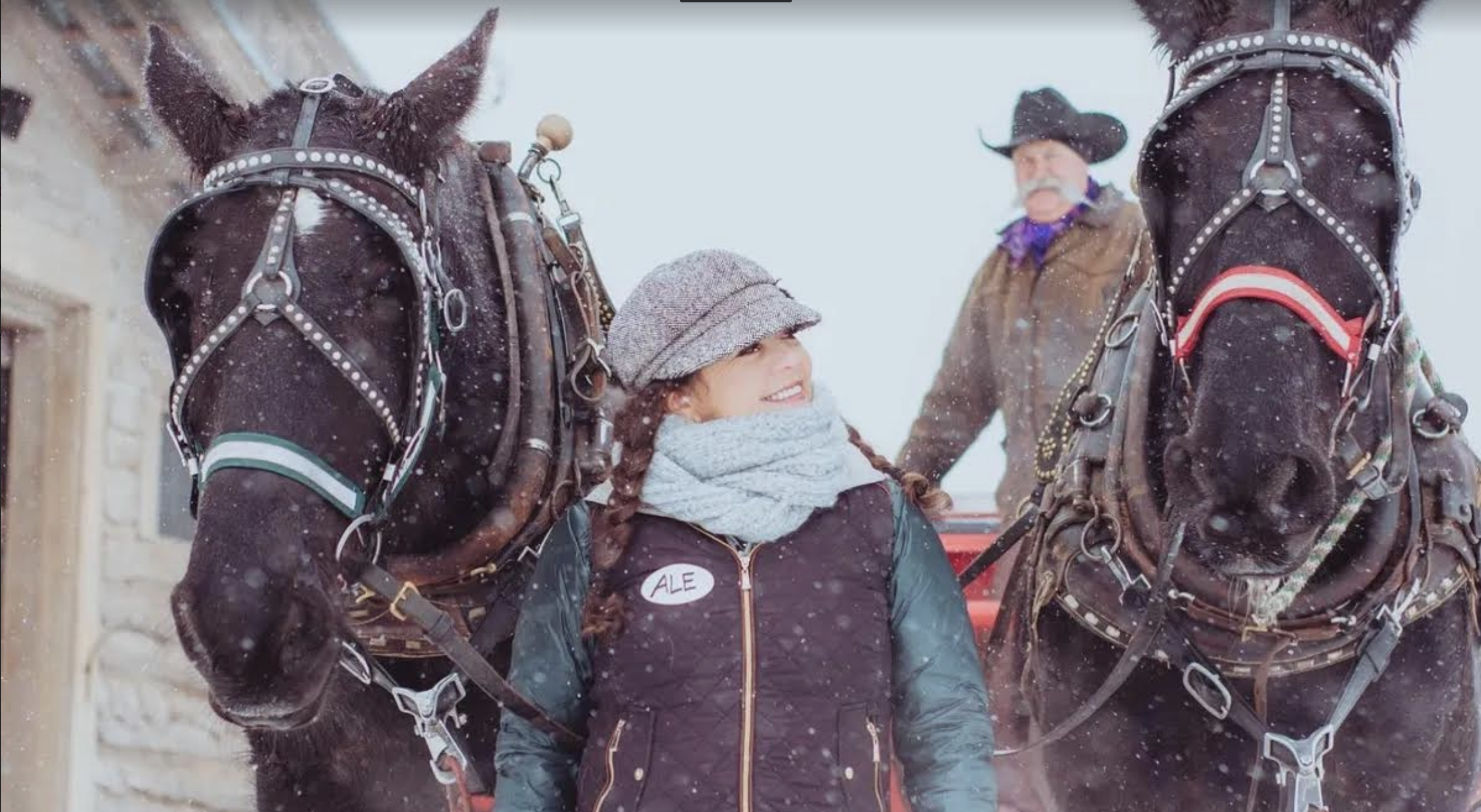
The horses are at liberty at the ranch in many of its large pastures, one of which is a whopping 40 acres. The horses aren’t forced to come to the client; they can approach on their own terms.
“Being a reciprocal program and how that elevates healing not just for the humans, but also horses,” she said. “When you look at it from a 365-degree angle, it’s just it’s an all-around healing program.”
Each client is treated ad hoc. The psychotherapists and professionals at REINS assess each client and assign tailored programming.
“We’re working through those traumas with the equines and the people,” she said. “The horses act as a mirror to us, and we pair horses and people based on each other’s needs. So, if you have somebody who’s anxious and angry, we might partner them with one of those more timid, scared beings because if they walk up to that horse with that energy, the horse is going to flee. Then you break the session down from there, like ‘why is this horse fleeing?’ The therapist leads the person through their healing program while rehabilitating the horse.”
As a nonprofit organization, REINS can only survive with the donations it receives. While REINS thus far has served hundreds of underserved individuals, it still needs to pay therapists, employees, buy food and supplies for the horses, and general upkeep of its facilities.
Volunteers are always helpful, whether learning to handle horses during programs and sessions or bookkeeping, grant research, or marketing. Getzie and Lara ask for a minimum of around 3 hours a week for volunteers and more upfront training for handlers so that each session runs smoothly. Horse handling experience is a plus, but they won’t steer anyone green away. Training runs from mid to late March to prepare for the next season.
“95% of the fundraising that we do is to fill those scholarships so we can make an impact in the community, and it’s really needed right now,” Getzie said. “We’re seeing that people and the horses move through their traumas much more quickly, with animals in this non-threatening environment. In practice, you’re seeing your behavior in the horse because they’re reflecting it to you. It’s a pretty cool thing, we think.”














